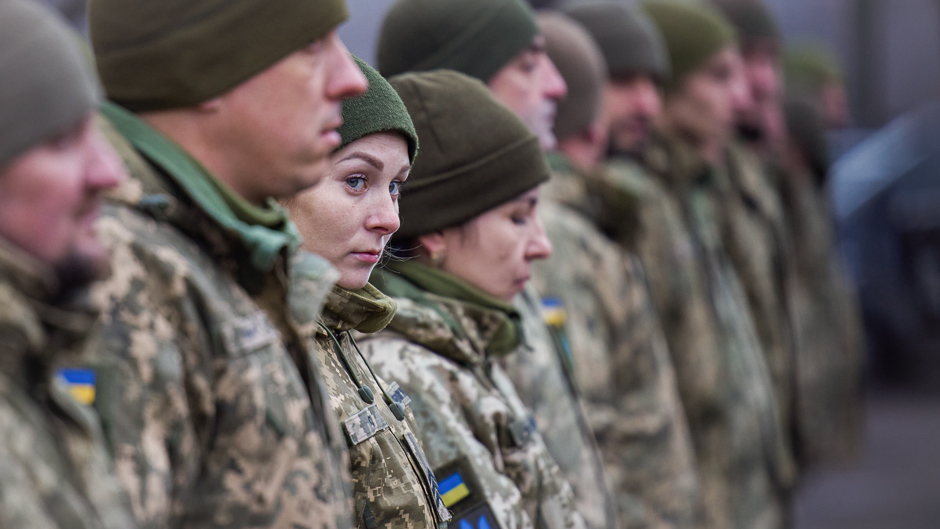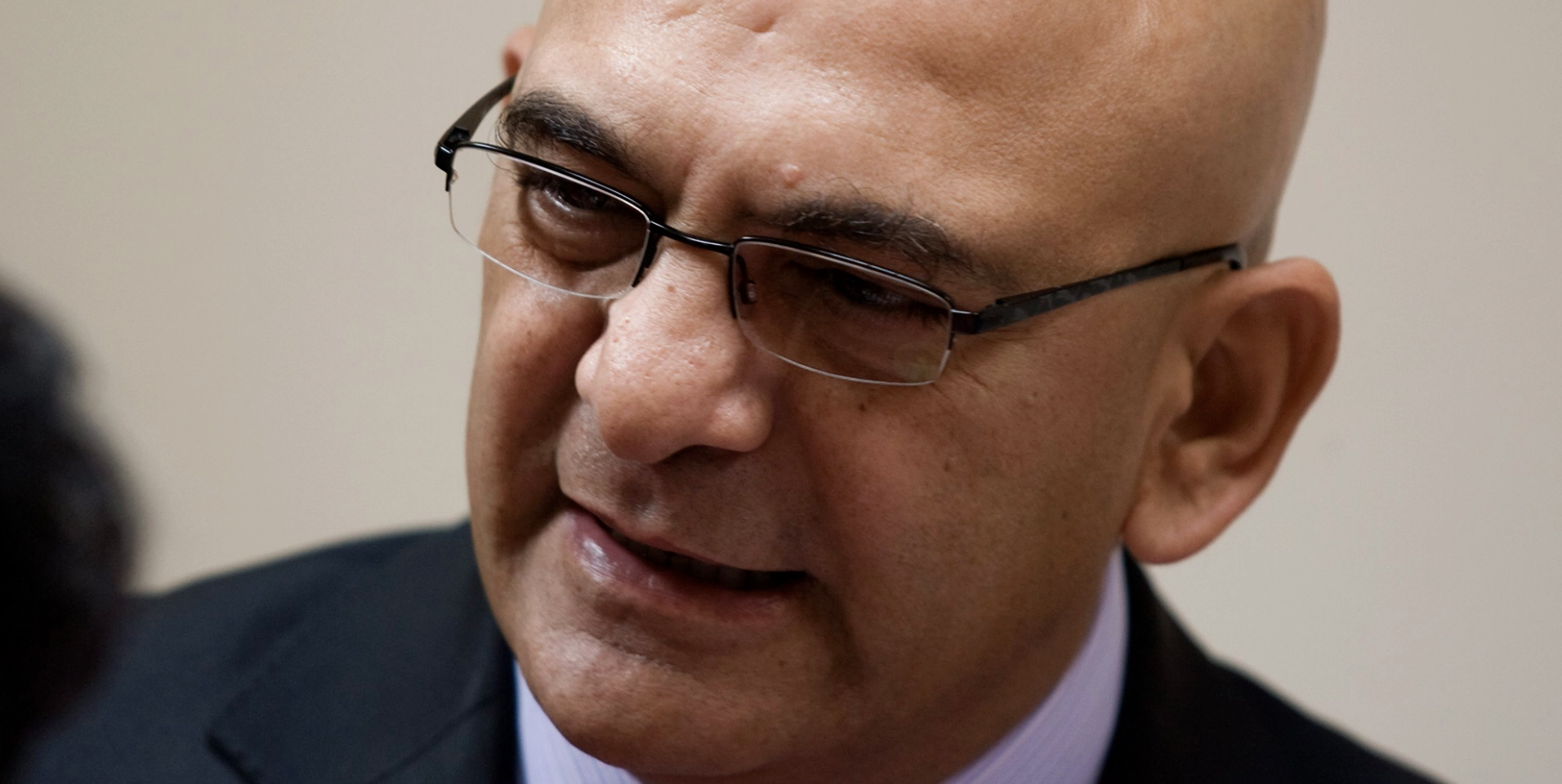News
China, India and Brazil in favour of UN Resolution Describing Russia as Aggressor – SA Abstains – What Now?
The South African government’s justification for its moral dereliction in relation to the Russian invasion of Ukraine was dealt a severe blow after the majority of BRICS nations voted for a UN resolution which described Russia as an aggressor in Ukraine and Georgia.

Director, The Brenthurst Foundation

Research Director, The Brenthurst Foundation

South Africa has justified its decision to refuse to condemn Russian aggression by saying it is aligned with the BRICS nations and not “the West” because this is where the future of the global economy lies.
That explanation no longer holds as China, India and Brazil have voted in favour of the UN resolution on “cooperation between the United Nations and the Council of Europe”.
The resolution describes Russia as an aggressor in Ukraine and calls for those responsible for violations to be brought to book under international law. The UN recognises the International Criminal Court, which has issued an arrest warrant for Russian President Vladimir Putin.
While the resolution did not refer directly to Putin, it supported moves to “bring to justice all those responsible for the violations of international law”.
South Africa abstained, while Russia voted against the resolution, suggesting that its diplomacy is now out of sync, not only with its major trading partners in the West but also with China, India and Brazil among the BRICS nations.
The resolution referred to “the unprecedented challenges now facing Europe following the aggression by the Russian Federation against Ukraine, and against Georgia prior to that, and the cessation of the membership of the Russian Federation in the Council of Europe”.
It called for cooperation between the UN and the Council of Europe “in order to promptly restore and maintain peace and security based on respect of the sovereignty, territorial integrity and political independence of any State, ensure the observance of human rights and international humanitarian law during the hostilities”.
The resolution was supported by an overwhelming majority of states, with 122 voting in favour and only five against. South Africa was among 18 countries with dubious human rights and democracy records such as Central African Republic, Eritrea and Sudan that abstained, suggesting a growing isolation from global consensus on Russian aggression in Ukraine.
Of the African states present for the vote, more voted in favour than abstained, with the continent’s biggest players on the world stage — Nigeria, Egypt and Kenya — all voting for the resolution.
They were joined by Algeria, Cameroon, Ivory Coast, Libya, Malawi, Morocco, Rwanda, Sierra Leone, Tunisia and Zambia.
Ukraine’s permanent representative to the UN, Sergiy Kyslytsya, said: “The Russian Federation’s attempt to remove the mention of aggression against Ukraine failed in the General Assembly.”
South Africa has consistently abstained on UN resolutions condemning Russia’s invasion of Ukraine, breaking ranks with most African democracies and alienating its major trading partners in the West.
The South African government also held joint naval exercises with Russia on the first anniversary of its invasion of Ukraine and has held frequent meetings with Russia’s foreign minister, Sergey Lavrov, in which Russia has been described as a “friend”.
A Chinese puzzle
As Russia appears increasingly isolated and condemned, the question is: Why would China, its most important ally hitherto, vote against Russia?
It may be putting Moscow to terms, weakening and isolating it further, and extracting more concessions in the process. It could also be hedging its bets on a pending Russian loss on the battlefield, perhaps the same reason President Recep Tayyip Erdoğan of Turkey (another one to vote against Russia) eventually agreed to Finnish membership of Nato.
Most likely it says something about where China sees its future — not as a member of the BRICS cluster, but as a great power in its own right, its stated ambition for 2049.
If this is the case, what options does this leave South Africa?
To keep on ploughing an increasingly lonely (and probably costly) furrow in support of Moscow, or follow the example of the legendary Springbok Mannetjies Roux, and use a step to the side, a wiggle of the hips and a scorching turn of speed, and develop a searingly critical and independent position which is in South Africa’s interest?
This would be less to do with BRICS — an increasingly hollow vessel with little in the way of common ideals between the five members — and more to do with democratic values, and trade and investment. The latter could be centred on a set of free trade areas, not unlike what fast-growing Latin American and Asian states have pursued. South Africa’s GDP puts it in the league of Bangladesh, Singapore, Vietnam, Egypt, Colombia and Pakistan.
And the reinvigoration of South Africa’s human rights position could help to permit it to play a mediation role, a task with which no one would now trust Pretoria.
China’s change of heart, if that’s what it is, on its unqualified support for Moscow should at least remind Pretoria’s own mandarins that they are acting first and foremost in the interests of South Africans.
This article originally appeared on the Daily Maverick
Photo: Our World


